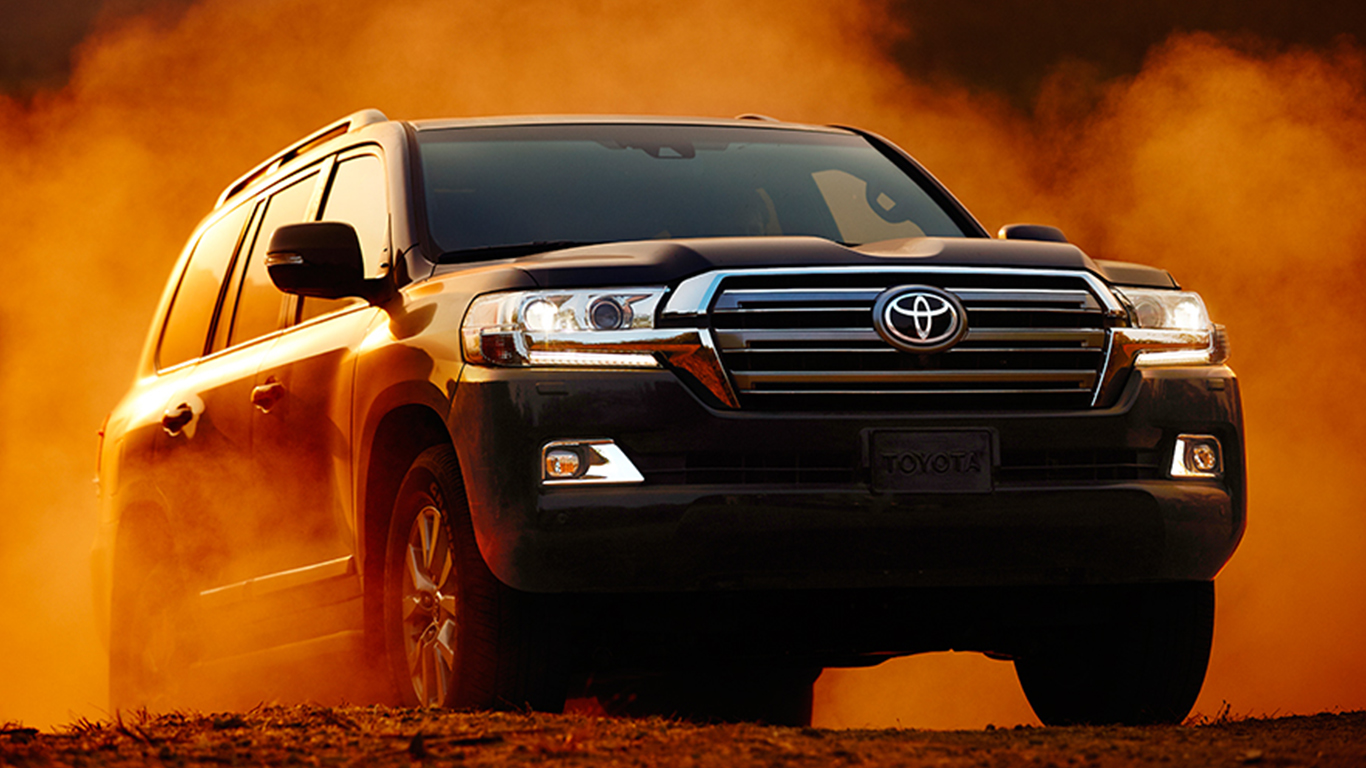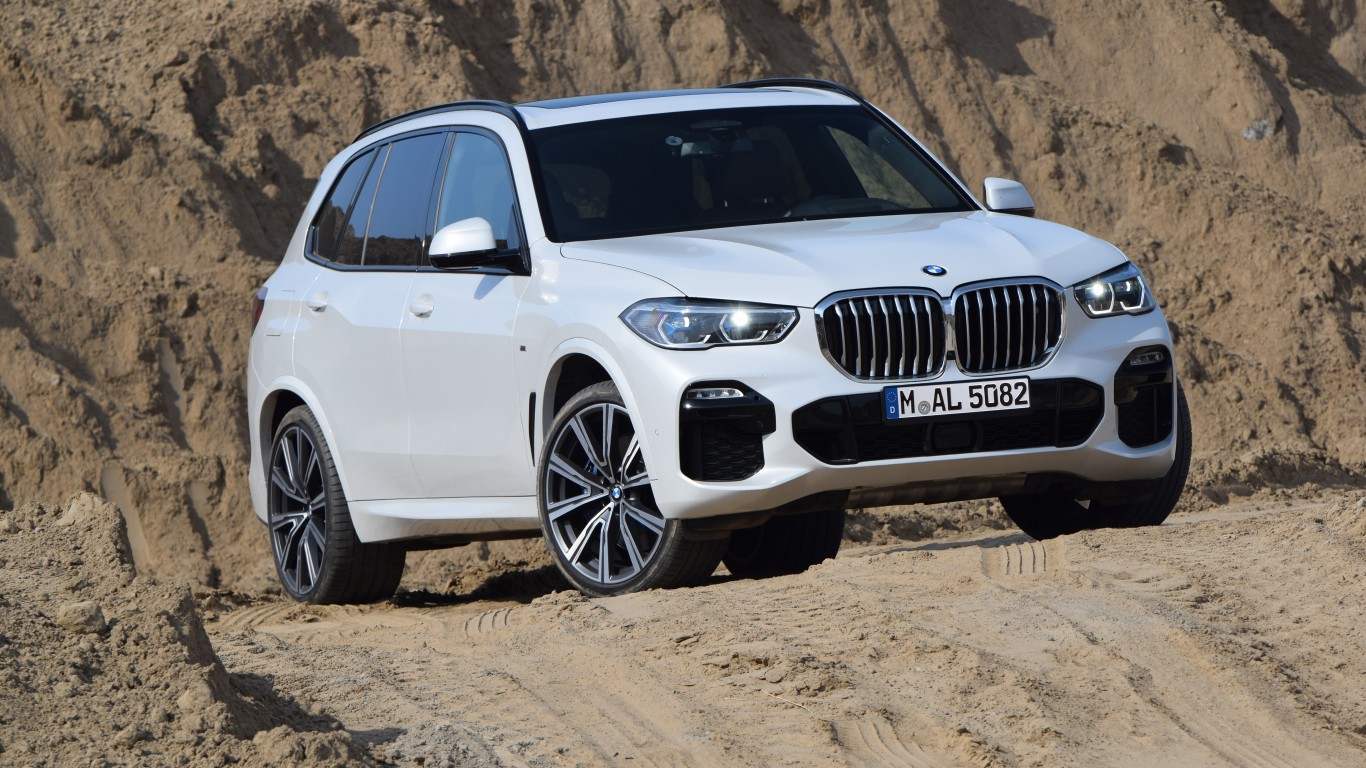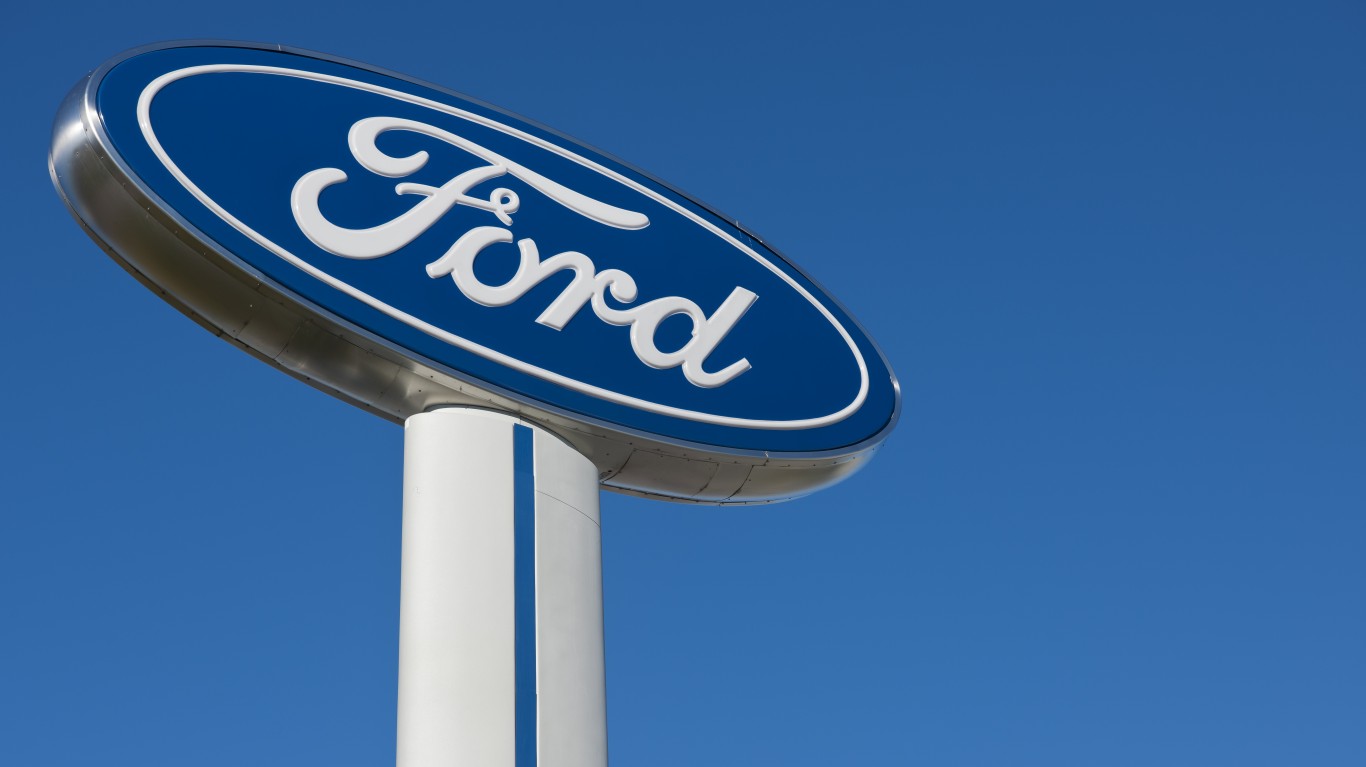
The average age of a light-duty vehicle (passenger car, pickup truck or sport utility vehicle) currently traveling U.S. roads and highways is 11.8 years. Research firm IHS Markit estimates that the U.S. fleet of light-duty vehicles in 2019 totals more than 278 million, up by nearly 6 million year over year.
New car buyers keep their cars for an average of 8.4 years, according to used car information site iSeeCars.com, and the average length of ownership for the top 10 selling vehicles is even longer, 9.7 to 11.4 years.
Among all vehicles, sports cars and SUVs dominate the list of new vehicles that owners keep the longest. None of the 10 best-selling vehicles in the country makes the list of the new vehicles that Americans keep longest.
Researchers at iSeeCars looked at sales data for more than 5 million used vehicles sold by their original owners between January 2014 and December 2018 to determine the average length of ownership by drivers who bought the vehicles new. Models owned for fewer than five years were excluded to eliminate the effect of short-term leases, as were models that had not been produced in nine of the 10 most current model years and models that were no longer in production for model years 2019 or 2020.
The new vehicle that owners keep longest is the Toyota Land Cruiser, with an average of 11.4 years, nearly a full year longer than the 10.5-year average for new Chevrolet Corvette owners. Other SUVs in the top 10 are the Ford Expedition (fifth at 10.1 years), Toyota 4Runner (sixth at 10.0 years) and Toyota Sequoia (ninth at 9.9 years). In addition to the Corvette, other sports cars were the Mercedes-Benz SL (third at 10.3 years), the Audi TT (fourth at 10.2 years), the Ford Mustang (sixth at 10 years) and the Porsche 911 (eighth at 9.9 years). The only sedan on the list was the Toyota Avalon, ranked 10th at 9.7 years.
As we’ve noted, none of these vehicles are among the country’s best sellers. Buyers of new, popular vehicles keep their cars and light trucks for 6.8 to 9.6 years, well below the range of 9.7 to 11.4 years in the list dominated by sports cars and SUVs. The following are the top 24 best-selling vehicles in the United States ranked by how long their original owners kept them, according to iSeeCars.
| Rank | Model | # Years of Ownership (Avg.) |
|---|---|---|
| 1 | Ford Explorer | 9.6 |
| 2 | Toyota Camry | 9.5 |
| 3 | Honda Accord | 9.4 |
| 4 | Toyota Highlander | 9.1 |
| 5 | Honda Civic | 9.1 |
| 6 | Jeep Grand Cherokee | 9.0 |
| 7 | Toyota Corolla | 9.0 |
| 8 | Toyota Tacoma | 9.0 |
| 9 | Jeep Wrangler | 8.9 |
| 10 | Ram Pickup 1500 | 8.7 |
| 11 | Honda CR-V | 8.6 |
| 12 | Chevrolet Silverado 1500 | 8.6 |
| 13 | Nissan Altima | 8.6 |
| 14 | Toyota RAV4 | 8.6 |
| 15 | GMC Sierra 1500 | 8.5 |
| 16 | Subaru Forester | 8.5 |
| 17 | Ford F-150 | 8.5 |
| Average for All Cars | 8.4 | |
| 18 | Nissan Sentra | 8.4 |
| 19 | Subaru Outback | 8.1 |
| 20 | Ford Escape | 8.0 |
| 21 | Hyundai Elantra | 7.9 |
| 22 | Ford Fusion | 7.1 |
| 23 | Chevrolet Equinox | 7.1 |
| 24 | Nissan Rogue | 6.8 |
By brand, owners of new Toyota vehicles keep their light vehicles the longest, nine years. Honda (8.9 years), Mercedes-Benz and Ram (8.7 years each) and Acura (8.6 years) round out the top five. General Motors’ GMC brand and the Dodge brand reside at the bottom of this top 20 list at 7.9 years. Toyota is rated as one of the best car brands by J.D. Power dependability ratings. Here are the best car brands of 2019.
Other data broken out by iSeeCars includes the length of time that owners of new SUVs, sedans and pickups keep their vehicles.
Americans are keeping their vehicles longer for several reasons. With car owners holding on to their vehicles for nearly 12 years, this might hurt the auto industry. New cars and light trucks are simply built better. Technological advances and quality improvements remain the main reasons U.S. owners are keeping their cars longer.
Besides ranking 11th on the list of best-selling vehicles in the United States ranked by how long their original owners kept them, the Honda CR-V is among the less expensive to insure. Here are the 25 least expensive cars to insure.
Lack of sales during the Great Recession is another reason the U.S. fleet is aging. New car sales dipped by 40% during the recession and the age of the U.S. fleet rose by more than 12% between 2008 and 2013, nearly four times the 3.5% average in the prior five-year period. IHS Markit researchers expect the number of used vehicles that are six to 11 years old on U.S. roads to rise by 27%, while vehicles 12 to 15 years old will decline by 27% as the relative lack of new cars sold during the recession works its way through the used car market.
100 Million Americans Are Missing This Crucial Retirement Tool
The thought of burdening your family with a financial disaster is most Americans’ nightmare. However, recent studies show that over 100 million Americans still don’t have proper life insurance in the event they pass away.
Life insurance can bring peace of mind – ensuring your loved ones are safeguarded against unforeseen expenses and debts. With premiums often lower than expected and a variety of plans tailored to different life stages and health conditions, securing a policy is more accessible than ever.
A quick, no-obligation quote can provide valuable insight into what’s available and what might best suit your family’s needs. Life insurance is a simple step you can take today to help secure peace of mind for your loved ones tomorrow.
Click here to learn how to get a quote in just a few minutes.
Thank you for reading! Have some feedback for us?
Contact the 24/7 Wall St. editorial team.




